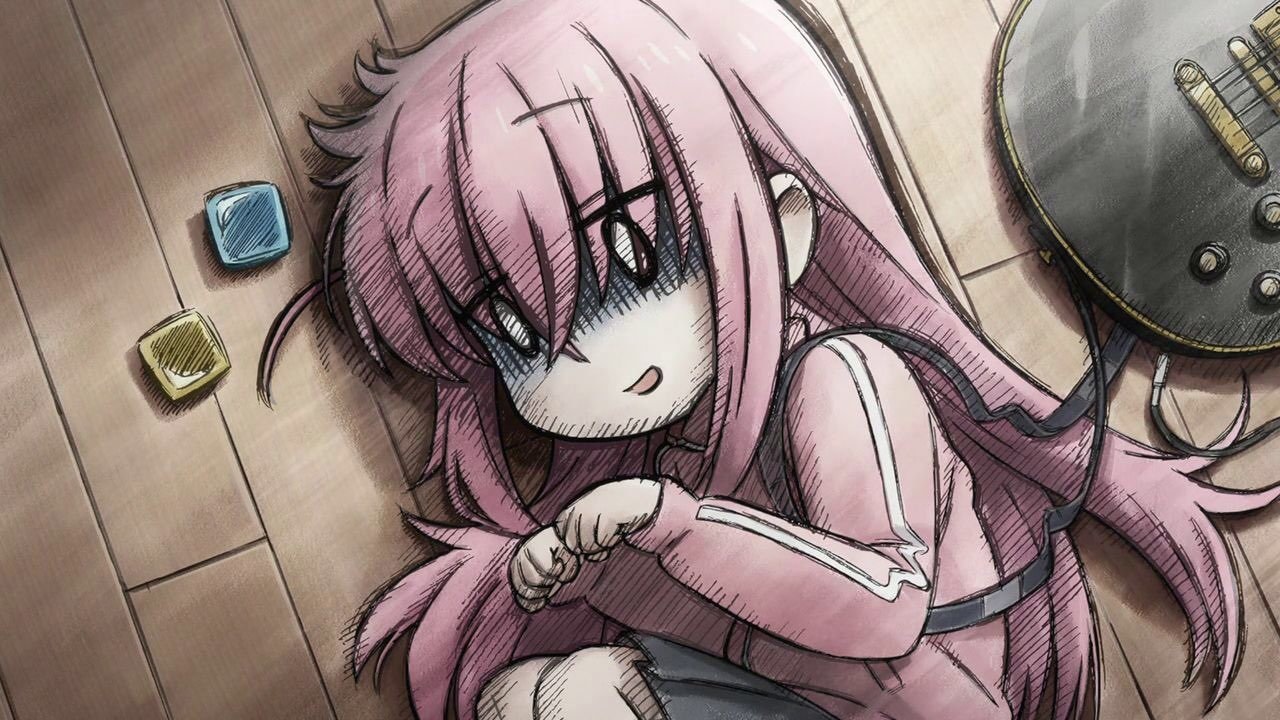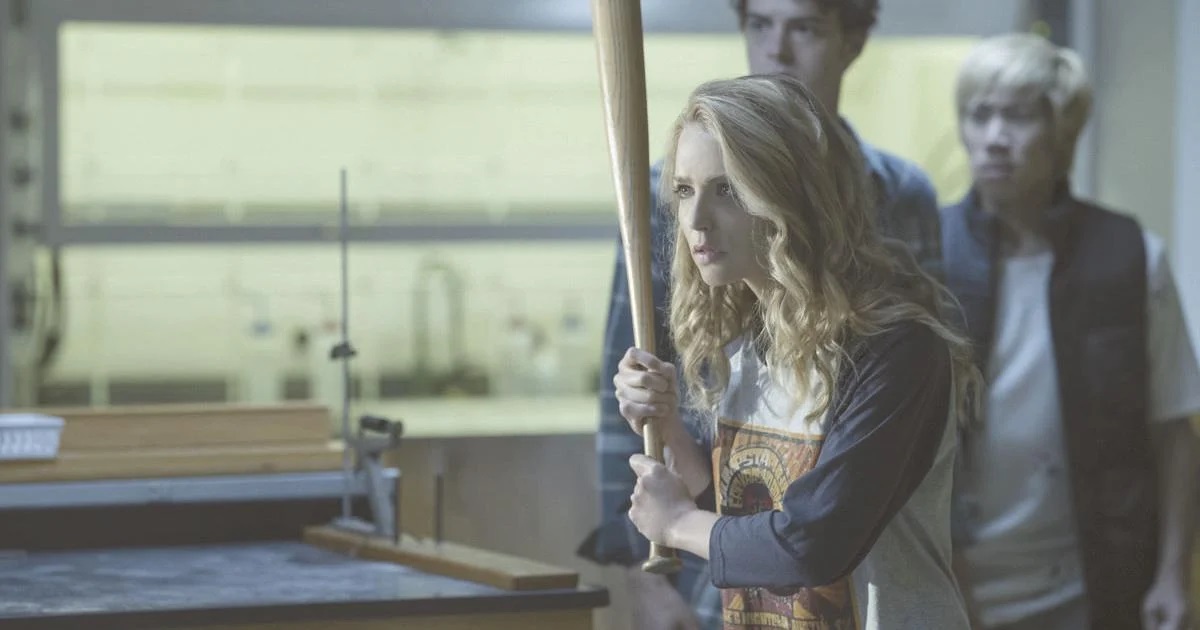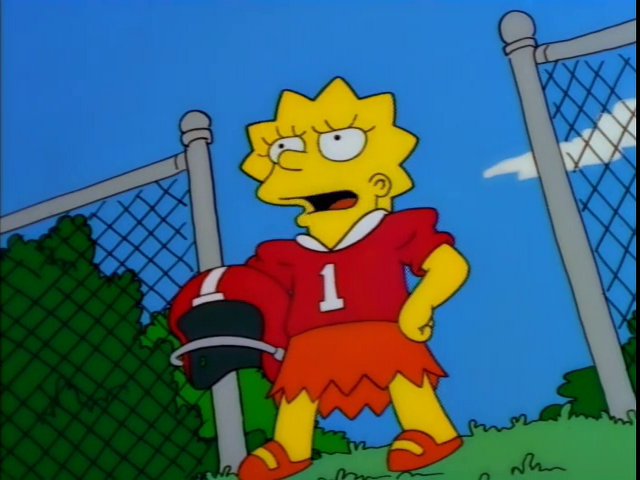Girlbosses have dominated media for the past 10 to 20 years and finally it seems like consumers are sick of them. In their wake is an appreciation for the “girlfailure”, a character with faults, written with more nuance than girlbosses, and surprisingly more relatable to men and women alike.
Girlfailure is a term that originated in 2021 but really got popular in 2023 (most recently with Pomni from The Amazing Digital Circus), it could be part of the overall hopeless overtones of the COVID-19 pandemic, economic anxiety, or something else.
Regardless, more and more people were putting a name to relatable female characters that weren’t always perfect.
Disney and other mass media think people want girlboss characters when some of the most popular and well liked are girlfailures. pic.twitter.com/GjZDAMkkXN
— bapoman (@Bapoman) October 25, 2023
In fact, the actual Girlfailure archetype has existed for decades with many citing Elain Benes from Seinfeld as one of its progenitors.
Throughout the show Elaine is funny and (sometimes) sharp-witted, and if she were a typical Girlboss her personality would end there; however throughout the show we see her fumble socially and romantically, make mistakes, and actually struggle with her own flaws.
Girlfailures have become increasingly popular as an alternative to the typical Girlboss and appear most commonly in anime, cartoons, and TVs. Characters who are written with nuance and are allowed to fail and stumble into success.

So how are Girlfailures a direct improvement from the Girlboss? To put it bluntly, it’s what feminists and allies have been saying for years: write women as people.
Girlbosses were an overcorrection in a bid to level the playing field and in doing so we’ve made excuses for some of the most bland character arcs we’ve seen in modern cinema. Rather, it’s a regressive trope that tokenizes women as opposed to writing women as people, allowed to be flawed in meaningful ways.
One of the best examples of a Girlfailure in recent years is Tree Gelbman from Happy Death Day played by Jessica Rothe. Tree doesn’t have her life together, she gets killed, she struggles valiantly, and ultimately she does get some awesome scenes but they’re deserved, they’re a culmination of her struggle and growth.
She’s not filled with undeserved power, or arrogant and fretful about being looked down on. She’s competent, she’s allowed to fail, and most importantly she’s relatable.

That isn’t to say there haven’t been well-written Girlbosses, Mulan from the titular film and Ellen Ripley from Alien come to mind; but even then they tend to be more grounded than contemporary uses of the Girlboss archetype.
Girlbosses used to be convenient shorthand for powerful female characters, but were designed to be a preachy overcorrection to perceived male-dominated media which comes off as grating and tone deaf these days.
In short, society has progressed past the need for Girlbosses.

The girlfailure represents a trend I feel most fans can be happy with. Whether you’re sick of Girlbosses or want more nuanced representations of women in media, they’re a step in a better direction.